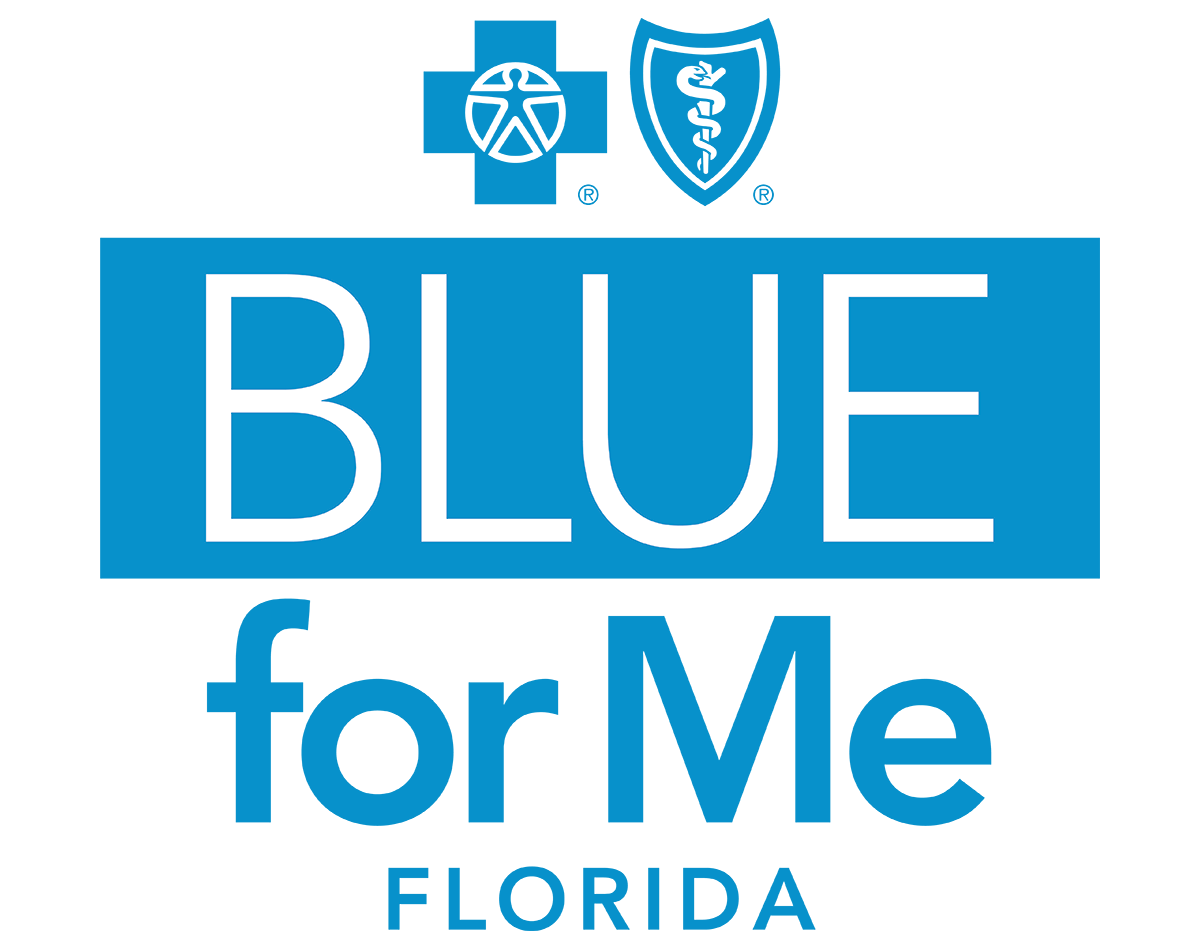Healthy Pregnancy Diet: The Best and Worst Foods and Drinks
Confused by all the conflicting advice on the best diet for pregnancy? Here’s the simple and trustworthy guidance you need.

Pregnancy comes with tons of advice. Take these supplements, not those. Exercise, but only so much. Get these tests, but not those screenings. And as any expectant parent also likely knows, much of this advice can be conflicting. That’s especially true when it comes to what to eat (or not) and how much. If you’re confused, you’re not alone.
To help sort through the mounds of advice on diet during pregnancy, we went to the experts to find some clarity and calm. Here’s what they said.
Food You Need During Pregnancy
Folic acid. This B vitamin helps prevent neural-tube defects. (These are birth defects of the brain, spine, or spinal cord, such as spina bifida and anencephaly.) It is essential for a healthy pregnancy, especially in the early stages. Your healthcare provider will likely prescribe a prenatal vitamin that has folic acid. You can also get folic acid in fortified foods such as some breads, pastas, and breakfast cereals.
Folic acid for neural-tube defect prevention is most important in the first trimester, says Lindsay Appel, M.D. Dr. Appel is an Ob-Gyn at the Family Childbirth & Children’s Center at Mercy Medical Center in Baltimore. “It does also help prevent some kinds of anemia [in women]. So it’s smart to continue it throughout your pregnancy.” Talk to your doctor to get the best recommendation for you.
Iron. Pregnant people should up their iron intake throughout their pregnancy to 27 mg per day, according to the American College of Obstetricians and Gynecologists. (The average woman should get 18 mg total daily.) That’s because you’ll be circulating more blood to send enough oxygen to your growing baby.
You can get iron from foods such as lean red meat, dark leafy greens, and lentils. Prenatal vitamins also contain iron. It’s important to talk with your doctor about the best way to get enough of the nutrient.
Calcium. All people need calcium. But making sure you get 1000 mg daily throughout your pregnancy (and breastfeeding, if you are nursing) is very important, says Dr. Appel. The reason: During pregnancy, your body will be super efficient at absorbing calcium from your bones to build those of your growing baby. So you’ll need a steady stream of calcium to keep you both strong. Good sources include:
- Milk, Greek yogurt, cottage cheese, and other dairy products.
- Veggies such as broccoli and dark leafy greens.
- Bony fish such as sardines.
You can also take a supplement. Talk with your doctor to figure out which options are best for you.
More calories. Yes, you need to eat more food throughout a pregnancy. But it’s not as much as the phrase “eating for two” would imply. Too much weight gain in the pregnant person is often linked with growth abnormalities, says Dr. Appel. That can mean growth restriction (when a fetus is too small) or macrosomia (a too-high birth weight).
Here’s what the Centers for Disease Control and Prevention guidelines say for healthy fetal development and for your own health:
- First trimester: Most pregnant people do not need to add extra calories.
- Second trimester: Add 340 calories.
- Third trimester: Add 450 calories.
If you need help managing your health and well-being during your pregnancy, BlueForMe, your digital health management tool, can help. The BlueForMe app is a way to connect with a nurse throughout your pregnancy. Call 844-730-2583 to see if you're eligible for BlueForMe today.
Foods and Drinks to Avoid During Pregnancy
Alcohol. It might seem like an occasional glass of wine wouldn’t do any harm. But as Dr. Appel points out, “There is currently no data that any amount of alcohol is safe in pregnancy.” According to the March of Dimes, drinking during pregnancy can lead to:
- Premature birth.
- Miscarriage or stillbirth.
- Birth defects.
- Low birth weight.
- Fetal alcohol spectrum disorders. This is a range of issues that includes lifelong developmental and emotional disabilities.
Your best bet? Sip water, tea, or juice. Opt for a mocktail in social situations if you’re craving an alcoholic drink.
Raw foods. Dr. Appel advises skipping any raw sushi or shellfish. And use caution when handling uncooked meats or produce. If you touch raw food before cooking it, wash your hands thoroughly afterward. Clean prep tools, such as cutting boards and knives, thoroughly too. A little soap and water can help you steer clear of bacterial contamination.
As for the idea that it’s unsafe to eat packaged deli meats like ham and bologna? That’s not entirely true, says Dr. Appel. Just make sure you’re heating the meat thoroughly beforehand. This will kill off any foodborne pathogens that might make you sick.
Foods and Drinks to Enjoy in Moderation During Pregnancy
Soft cheeses. You may have heard that you must avoid soft cheeses such as brie and Camembert. But most cheese sold in the United States is safe to eat. “Just double-check that the cheese you’re eating is pasteurized. And that it’s been safely stored and not left out for hours,” says Dr. Appel.
Unpasteurized dairy or products that have been left out for too long put you at risk of the foodborne germ that causes listeriosis. So do undercooked or contaminated meats and shellfish (mussels, oysters, clams).
Coffee and drinks with caffeine. A cup or 2 of coffee or another caffeinated drink per day is safe, says Dr. Appel. The American Pregnancy Organization recommends limiting your caffeine intake to 200 mg a day. Caffeine amounts can vary a lot between products, but here are some average amounts:
- 8 oz brewed coffee: 95-165 mg.
- 1 oz espresso: 47-64 mg.
- 6 oz black tea: 45 mg.
- 6 oz green tea: 40 mg.
If you were wondering how you’d make it through the morning without your coffee or tea for 9 months, you can breathe easy and settle in for your favorite tea.
DISCLAIMER: Florida Blue has entered into an arrangement with Wellframe to provide members with care decision support services, information and other services. This article is provided by Linkwell Health through their arrangement with Wellframe. Please remember that all decisions that require or pertain to independent professional medical/clinical judgment or training, or the need for medical services, are solely your responsibility and the responsibility of your physicians and other healthcare providers. Wellframe is an independent company that provides online services to Florida Blue members through the Blue for Me app.



